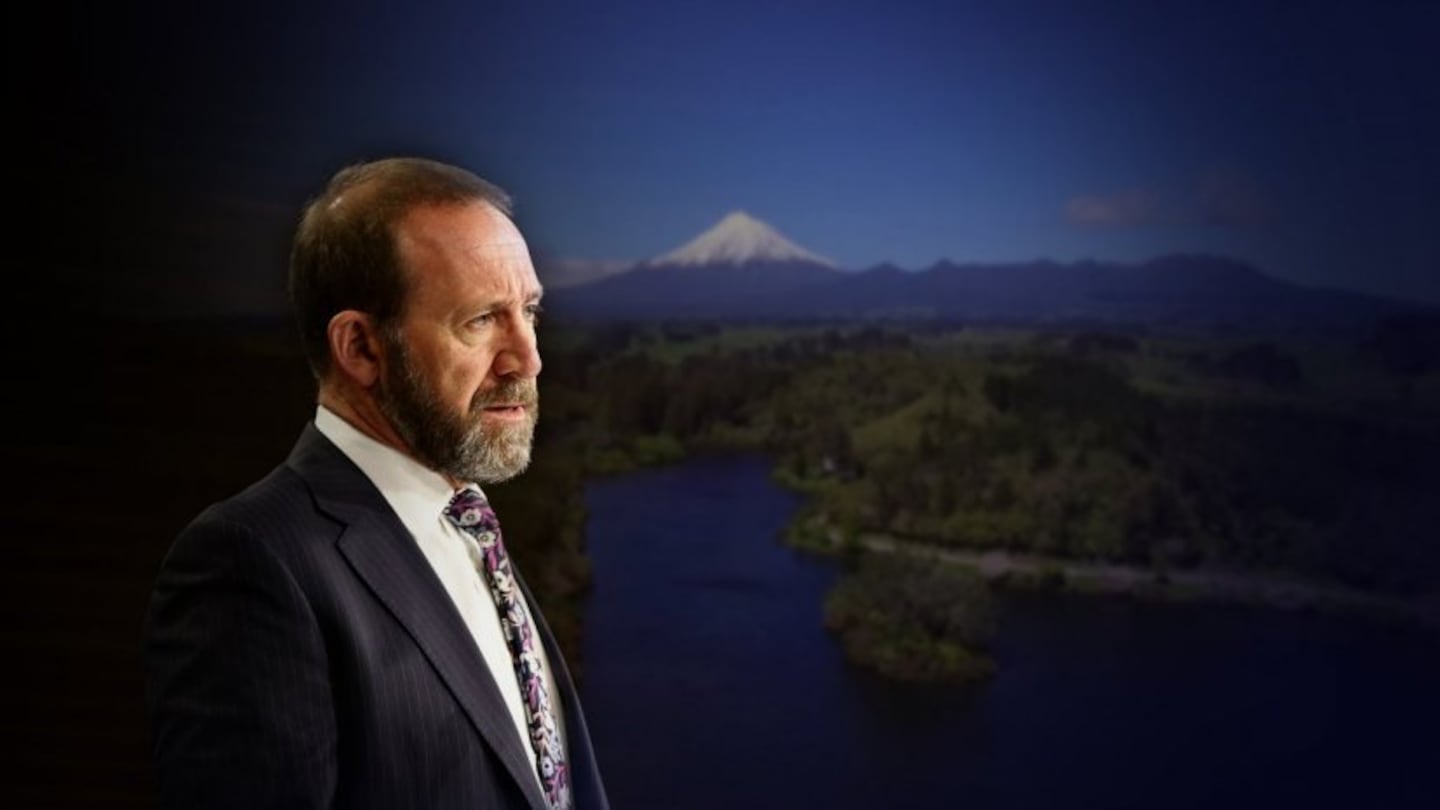It was an emotional weekend for Ngāti Maru as Treaty of Waitangi Negotiations Minister Andrew Little met mana whenua at Te Upoko o te Whenua marae at Tarata to deliver a Crown apology for its horrific actions against the iwi.
Saturday saw the minister hand title copies to rangatahi as symbols of the returning of land to Ngāti Maru as the original owners and kaitiaki of their whenua.
It comes nearly two years after a $30 million settlement signed had many Ngāti Manu representatives missing in person due to Covid-19 restrictions, whereas Saturday was Little’s “commitment to Ngāti Maru” to hold an event that all of Ngāti Maru could attend and witness history.
Lead negotiator Anaru Marshall says the iwi held six weeks of wānanga for those who couldn’t attend on Saturday, as a way to make them part of the process.
The Crown confiscated half of Ngāti Maru’s land (118,000 ha) after the Taranaki Wars in the 1860s, though the iwi never took part. People, then called “rebels”, were punished as the government settled and took land. Dishonest deals of cession, or through the Native Land Court, left Ngāti Maru with little land, which created dispersion and dispossession and had various economic, cultural and social impacts.
The trauma and actions from the Crown were reflected upon on Saturday, with sadness and grief felt but also joy found by coming together as one.
Marshall says the event celebrated also brought closure for the iwi.
“We’ve been in the settlement process for quite some time and [have been] in negotiations for six years. So it was good to be able to come together and cry, laugh and reconnect – that was the big thing.
“There were other things that minister Little apologised for, and that was the desecration of some of our wāhi tapu, where [the Crown] had put roads straight through urupā. I guess the purpose of that was to further alienate our people from their land or where their tūpuna were buried.
“There was a period of time where we were based at Parihaka – we all know the story of Parihaka and the subsequent dealings after that. But that dislocation from the economic base of Ngāti Maru really committed our people to a life of poverty and intergenerational poverty.”
That hurt is still being felt today by the iwi, Marsh says, with employment opportunities and education quality today being some of the flow-on effects of the Crown’s actions.
“The positive that came out [of the apology] though was the repatriation of that whenua back to our tamariki.”
The settlement includes cultural, financial and commercial redress. Some of the land titles are only for 4,500 hectares out of the 118,000 hectares confiscated, which Marsh calls “a fraction”, but the iwi’s focus following on from settlement are education for tamariki, jobs and care for the taiao.




